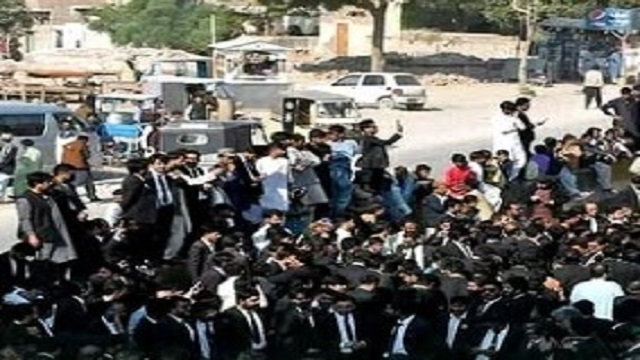Pakistan: Lawyers Continue Protest as CCI Fails to Reach Consensus on Canal Project
Lawyers in Pakistan are continuing their protest after the Council of Common Interests (CCI) failed to reach an agreement on a major canal project. The disagreement has created tension between provinces and delayed the project’s progress.
The lawyers, especially from Sindh, are protesting because they believe the canal project will harm their province’s water supply. They argue that the project, which will take water from the Indus River, will reduce the amount of water available for farmers and residents in Sindh. They want the government to stop the project or make changes that protect their rights.
The CCI held a meeting to resolve the issue, but the members could not agree. Punjab supports the project, while Sindh strongly opposes it. Because of the disagreement, the CCI postponed any final decision, which angered the protesting lawyers even more.
Lawyers gathered in large numbers outside government buildings and courts. They carried banners, shouted slogans, and demanded that the government listen to their concerns. Some lawyers also announced they would boycott court sessions until the issue is resolved.
The protest has gained support from several political and civil society groups. These groups are urging the government to hold more talks and find a solution that is fair to all provinces. They say that water is a shared national resource and that every region must get its fair share.
The federal government has promised to review the project and speak with both sides again. Officials said they will try to build trust and avoid a larger conflict. However, the protesters have said they will not stop until the CCI gives a clear decision that protects Sindh’s water rights.
This situation shows how water projects can create serious political and regional challenges. The lawyers’ protest has drawn national attention, and people across Pakistan are now watching closely to see how the government will respond.

